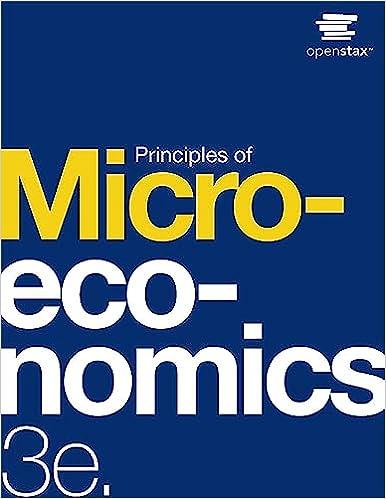Question
Suppose that a country's money supply M is $1,200 million and its domestic credit (B) is equal to $800 million in the year 2005. The
Suppose that a country's money supply M is $1,200 million and its domestic credit (B) is equal to $800 million in the year 2005. The country maintains a fixed exchange rate, the central bank monetizes any government budget deficit, and prices are sticky.
a) Compute total reserves for the year 2005. Illustrate this situation on a central bank balance sheet diagram.
b) Now, suppose the government unexpectedly runs a $100 million deficit in the year 2006 and the money supply is unchanged. Illustrate this change on your diagram. What is the new level of reserves?
c) If the deficit is unexpected, will the central bank be able to defend the fixed exchange rate?
d) Suppose the government runs a deficit of $100 million each year from this point forward. What will
eventually happen to the central bank's reserves?
e) In what year will the central bank be forced to abandon its exchange rate peg and why?
f) What if the future deficits are anticipated? How does your answer to part (e) change? Explain briefly.
g) Why is the scenario of a constant deficit of $100 million each year less realistic than, say, a scenario where B grows by a fixed percentage each year? What is the key difference between the two? [Hint: think about what happens to the rate of inflation as time passes]
Step by Step Solution
There are 3 Steps involved in it
Step: 1

Get Instant Access to Expert-Tailored Solutions
See step-by-step solutions with expert insights and AI powered tools for academic success
Step: 2

Step: 3

Ace Your Homework with AI
Get the answers you need in no time with our AI-driven, step-by-step assistance
Get Started


